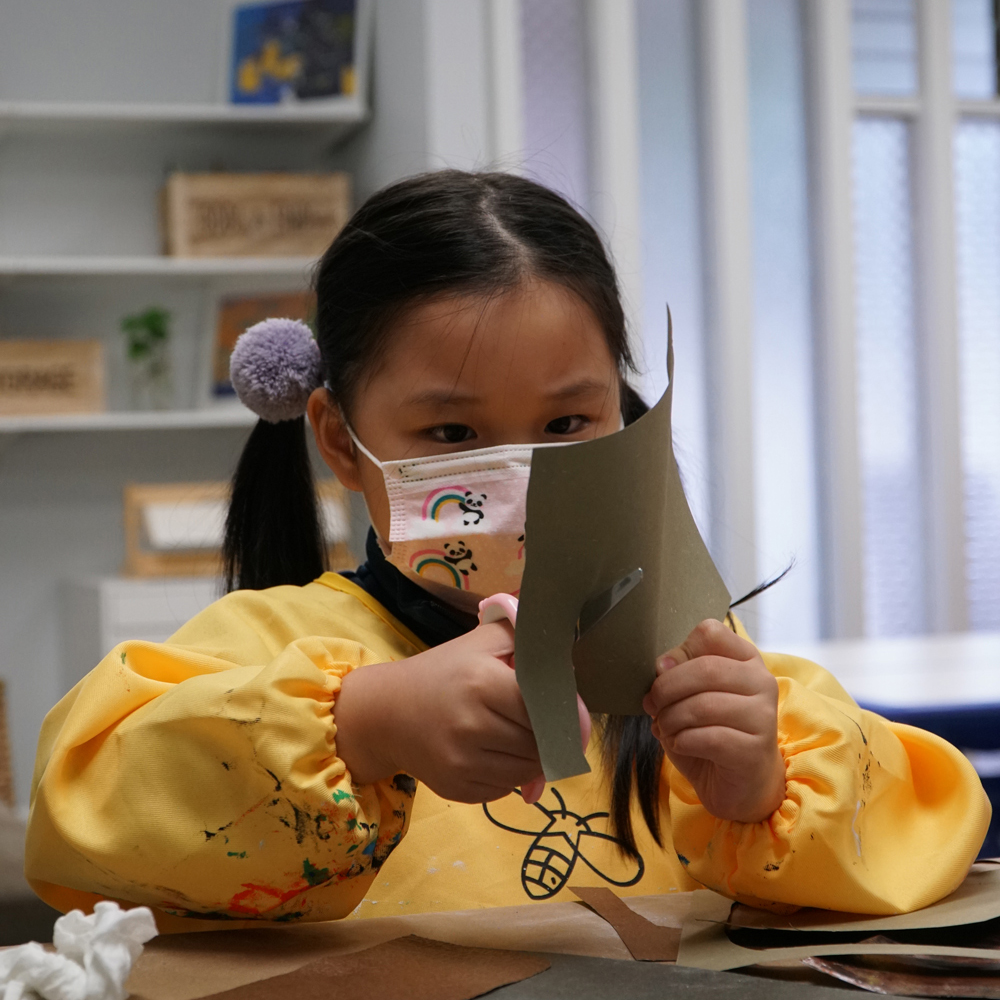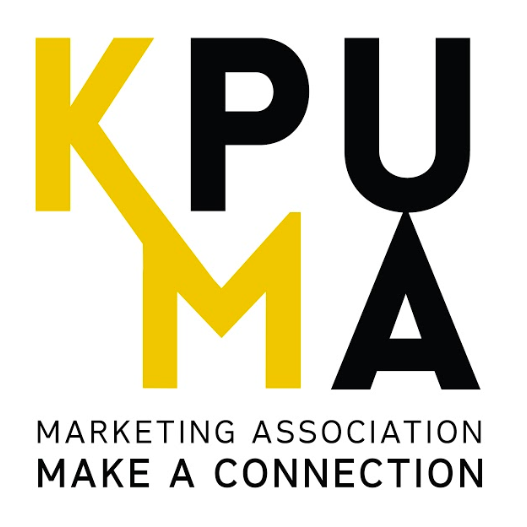
Blog by Sera Fedirko and Raphael Jian on Jan. 8, 2021
A blog about Raphael Jian’s experience creating his small business, Alps Education.
Q: What inspired you to start Alps Education and how did you start the company?
A: One time during a visit to my friend’s home for a weekend dinner, my friends’ family members were discussing their educational investment in their children when something caught my attention: The family thought that their kids did not really benefit enough from the level of education in school here in BC, especially when there are so many new Chinese immigrants whose kids are outpacing BC children in their learning. It was clear my friend’s family members were concerned that without proper instruction, their children would fall behind in school and risk struggling later in life to find a job.
With this challenge in mind, we decided to start a business to assist new immigrants’ kids in maintaining their outstanding grades in school while also following the play-based teaching strategy of the BC curriculum. I initially partnered with Gary, my longtime friend. After speaking with other friends and connections, we decided to expand to take on more teachers, and eventually added Yumi and Mark (English teachers trained at UBC), Carl (a math teacher from KPU), and Cissy (accountant) as co-founders and core members of our teaching staff. Since then, we have added several new teachers to form a well-rounded team of 11 teachers who offer group learning and one-on-one tutoring.
Q: Can you tell me a bit about the company and its background?
A: Alps Education can be described as a play-based interactive tutoring center for grades k-12. The most unique part of our business comes from the demand of our customers (traditional Chinese parents). They prefer the Chinese teaching strategy (strict, high-pressure learning schedules) and want their kids to be among the top students in the class. To meet this demand, we combine Chinese and Canadian teaching styles to design programs that satisfy the desires of traditional Chinese parents while adapting to the Canadian context we live in.
Many of my students are quite young (elementary school-aged), and as such, I make time to play with them when I pick them up from school. This is mostly to keep them entertained and happy, but a great side-benefit I’ve picked up on is that other kids in the schoolyard tend to get jealous of the games we play. They end up running to their parents to ask if they can join us for playtime, which ends up being an amazing way to recruit new students.
Q: Startups can look different company-to-company. What does a day-in-the-life as the owner and operator of Alps Education look like for you?
A: I’m the marketing guy in the Alps Education team, as this is what I studied at KPU. My favourite part of the job is definitely within the creation side of things – in a typical day, I’ll spend time managing our social media accounts, updating our website, and designing new programs – all of these tasks are done in the morning. In the afternoon, I draw from my background tutoring math and STEM subjects in Singapore to elementary-aged students, where I teach an after-school math course with 3-6 students. We also have a music class that teaches piano, guitar, and drums, where I teach drums. Overall, I assume the role of marketer, math teacher, and drum teacher. One of the biggest challenges for me in my business is determining how to build credibility for all of my roles. Even though I am highly qualified for all these roles with multiple years of experience, it is still challenging to build trust with my clients due to how different the roles are.
Q: What sort of expectations did you have around small business life before you created your startup vs. now?
A: I started this business with my friends during my third year at KPU. My life changed a lot after this business started. I became a super busy person who suddenly had no time to hang out with friends or to partake in weekly outdoor activities. After 3-4 months though, I eventually settled into a routine that worked for me. Even though I’m still busy as ever, running my business is worth it because I love working for myself – I’m constantly inspired to try new things. Every night before I go to sleep I brainstorm ideas about what new program we can open or what theme we should choose for the next Spring camp.
Q: What lessons have you learned since the creation of Alps Education that have made you into a better marketer / more business-savvy person?
A: The most important thing I learned is never come up with an idea just to ‘have an idea’. If you stumble upon a new idea about your business, make a mindmap or write a plan for it. That’s the best way to turn the idea into something valuable. The market is the only ‘person’ who will ultimately tell you whether or not an idea is profitable; not anyone in your team. I would consider myself the ‘idea guy’ on the Alps Education team, not only in marketing but also within the design structure for the education program. I participate in the program design with the teaching faculty, which I suppose makes me somewhat a “product manager” or “user experience designer”.
I find enjoyment in formulating recommendations for other business owners too, even with my humble marketing background. If for example, your marketers are keen to participate in the product design process, I say “let them”! Incorporating the perspectives of your team and working cross-functionally offers a great opportunity for you to create a product that delivers with high consistency on design philosophy, product features, and selling points. Even though marketers may not help you in developing the production details of products, marketers usually think with a consumer perspective in mind, which informs the user experience.
Q: How has attending university prepared you for starting your own business?
A: I would say that the level 3000+ courses were the most valuable for me as far as preparing me for the real business world – especially Professor Rajinder’s MRKT 3000 and 3211, which I completed prior to the COVID-19 lockdowns. I think marketing courses need more projects (such as Rajinder’s) that connect to external businesses such as local breweries or media companies to help them solve real-life marketing challenges.
Q: Any tips you can share for how to stay organized while juggling so many tasks (typical of startup life)?
A: Keep your emotions stable and in check, maintain good sleep habits, make friends with reliable classmates (especially those outstanding students), use a planner, and try not to argue with your boyfriend/girlfriend too much. Startup life is really stressful You won’t make it if your personal life is a big mess.



